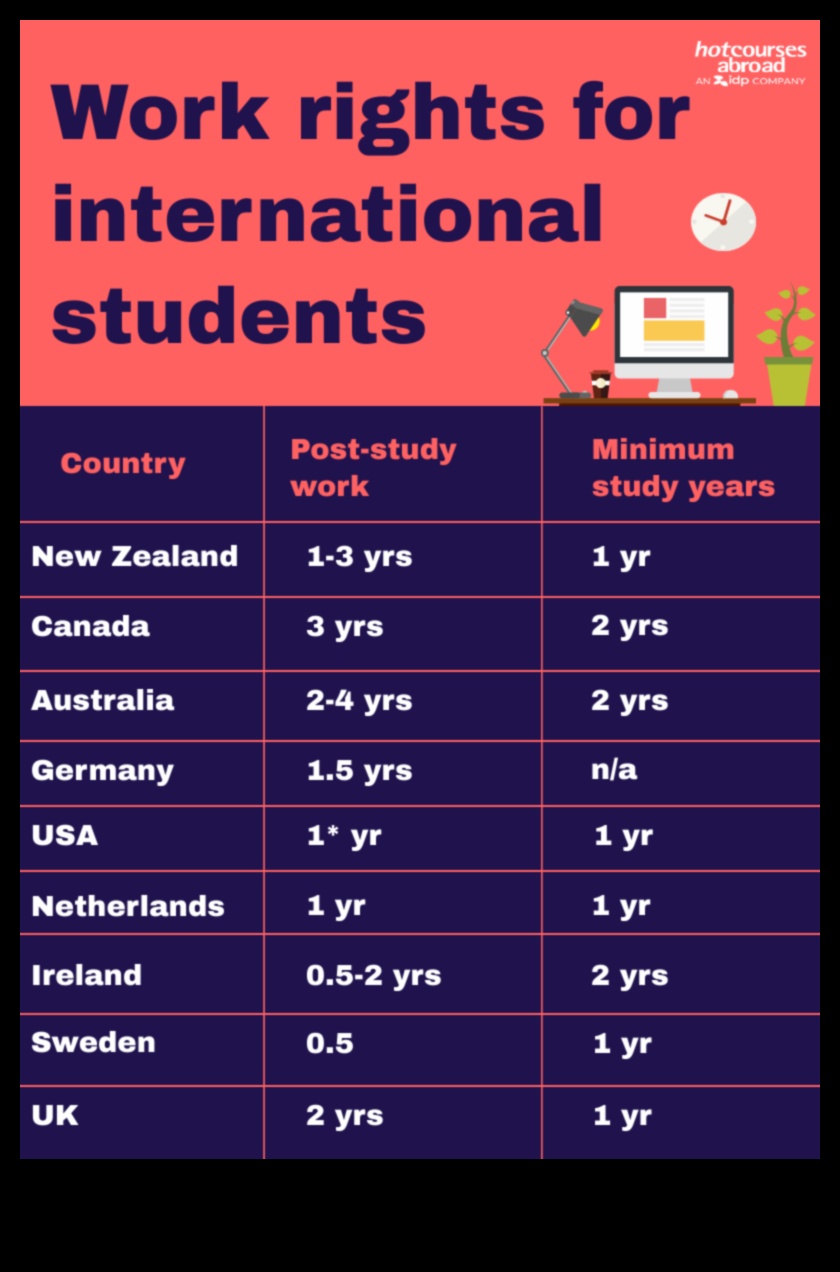
1. Benefits of working abroad while studying
2. How to find a job abroad while studying
3. The best countries to work abroad while studying
4. The best jobs to get while studying abroad
5. The cost of working abroad while studying
6. The visa requirements for working abroad while studying
7. The application process for working abroad while studying
8. The challenges of working abroad while studying
9. The benefits of working abroad while studying
10. FAQ
* study abroad
* work abroad
* international student
* student visa
* work permit
| Feature | Answer |
|---|---|
| Study Abroad | The opportunity to learn about a new culture and experience a different way of life |
| Work Abroad | The chance to earn money and gain valuable work experience |
| International Student | The ability to meet new people from all over the world |
| Student Visa | The requirement to obtain a visa in order to work abroad |
| Work Permit | The requirement to obtain a work permit in order to work legally in a foreign country |
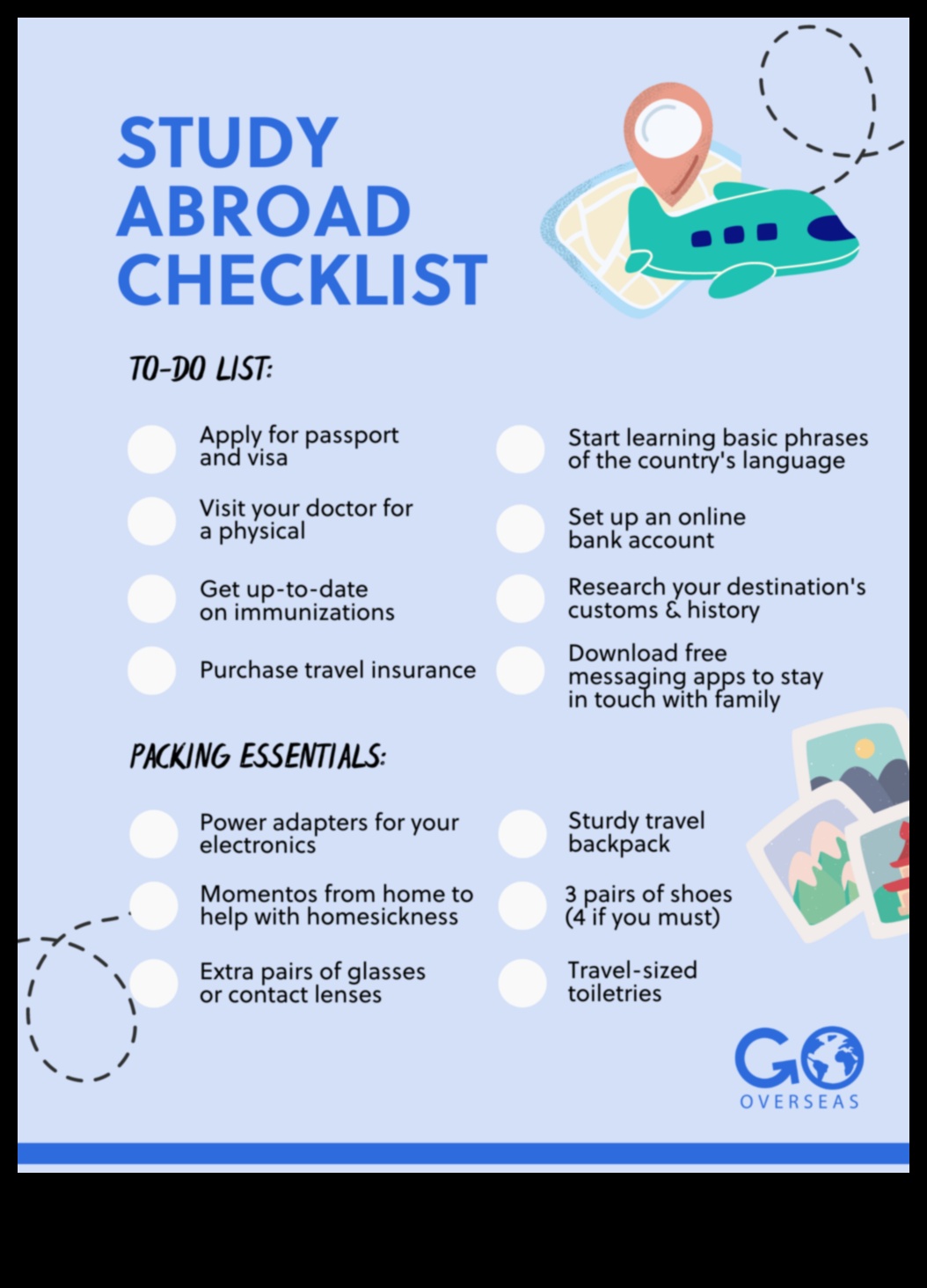
Benefits of working abroad while studying
There are many benefits to working abroad while studying, including:
- Earning money to help pay for your studies
- Gaining valuable work experience in your field of study
- Meeting new people from different cultures
- Learning about a new country and its culture
- Improving your language skills
- Developing a global perspective
Working abroad while studying can be a challenging experience, but it can also be an incredibly rewarding one. If you’re considering studying abroad, be sure to explore the possibility of working while you’re there. You may be surprised at how much you can gain from the experience.
3. Benefits of working abroad while studying
There are many benefits to working abroad while studying, including:
- Earning money to help pay for your studies
- Gaining valuable work experience in your field of study
- Improving your language skills
- Meeting new people from different cultures
- Exploring a new country and culture
Working abroad while studying can be a challenging experience, but it can also be a very rewarding one. If you are considering studying abroad, it is worth considering whether or not you would like to work while you are there.
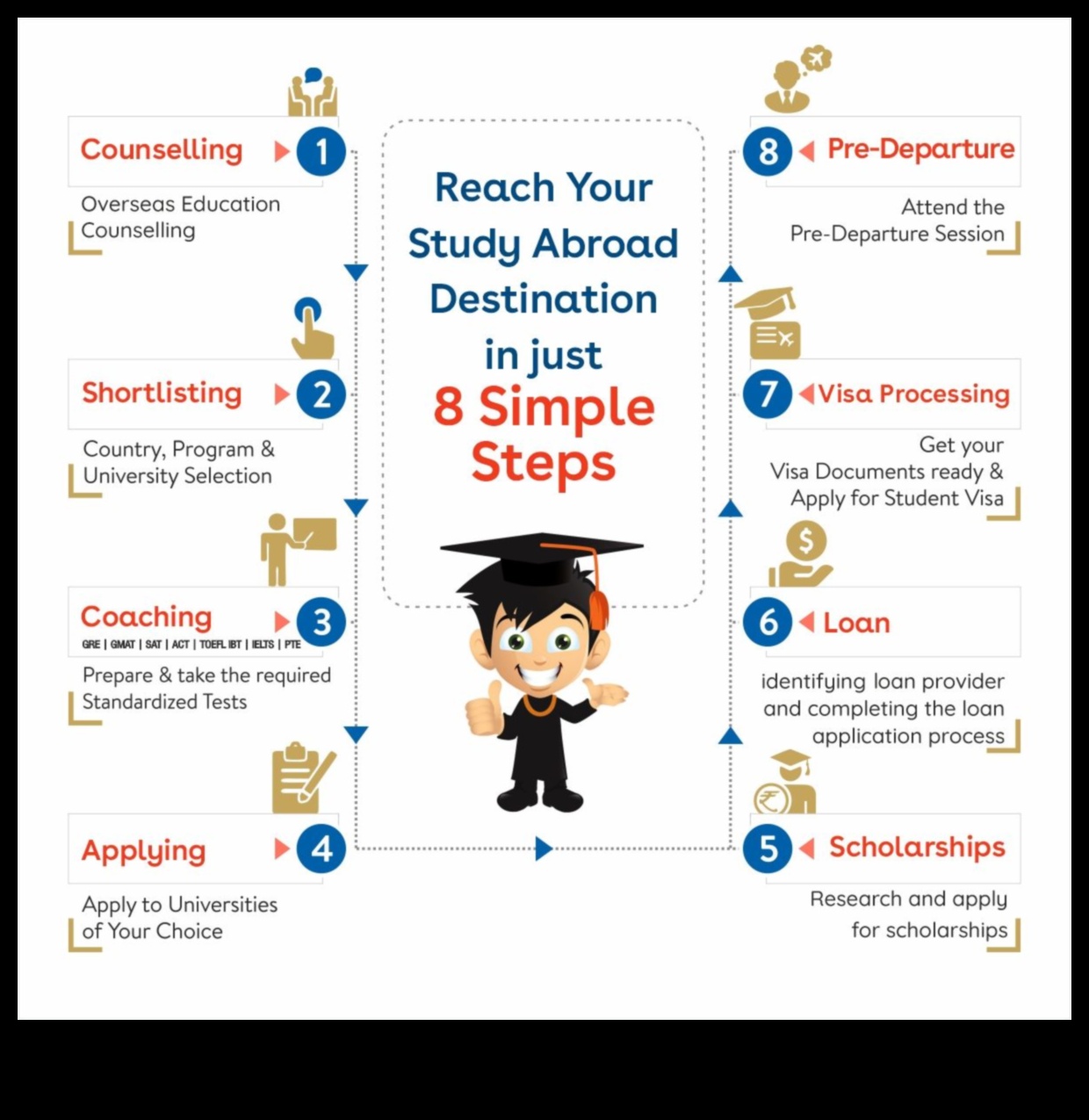
4. The best jobs to get while studying abroad
There are a variety of jobs that international students can get while studying abroad. Some of the best jobs for students to get while studying abroad include:
- Teaching English as a foreign language (TEFL)
- Au pair
- Barista
- Restaurant server
- Retail sales associate
- Customer service representative
- Web developer
- Software engineer
- Data scientist
When choosing a job while studying abroad, it is important to consider the following factors:
- Your skills and interests
- The hours of work
- The pay
- The location
- The visa requirements
By considering these factors, you can find a job that is a good fit for you and that will help you to achieve your goals while studying abroad.
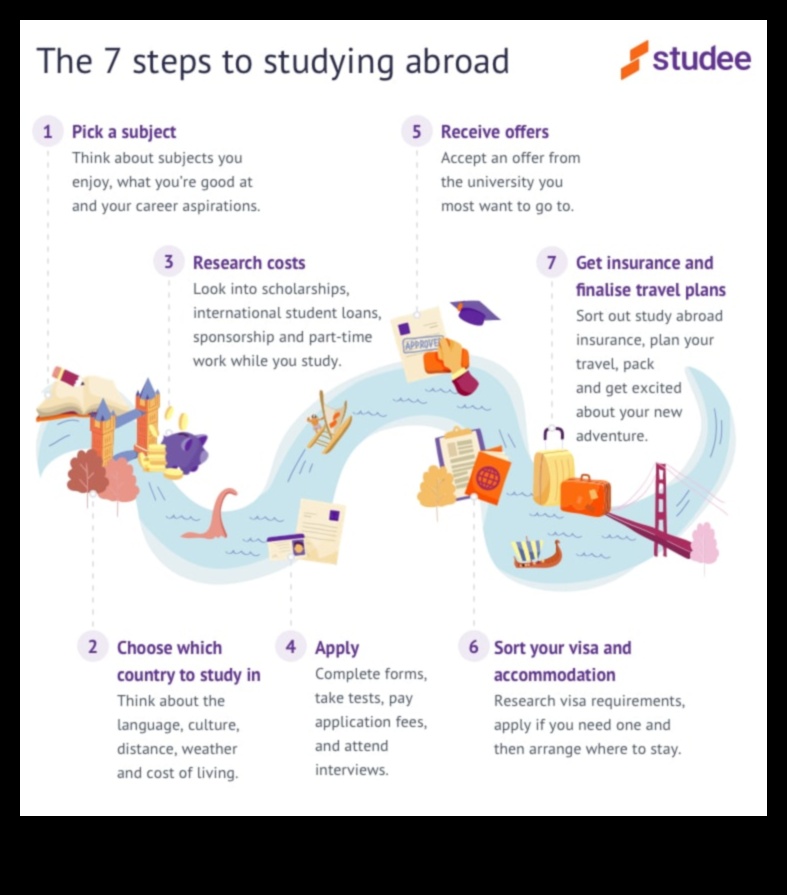
5. The cost of working abroad while studying
The cost of working abroad while studying will vary depending on the country you are in, the type of job you have, and your living expenses. In general, you can expect to pay more for housing, food, and transportation in Western countries than you would in Eastern countries. However, you may be able to find cheaper accommodation and food if you live in a shared house or flat with other students.
You should also factor in the cost of your visa and work permit, as these can be expensive. In some countries, you may also need to pay taxes on your earnings.
Here are some tips for budgeting when you are working abroad while studying:
- Create a budget before you go. This will help you to track your spending and make sure that you are not overspending.
- Find ways to save money. Look for discounts on food, transportation, and other expenses.
- Consider getting a part-time job. This can help you to supplement your income and cover your living expenses.
By following these tips, you can save money while you are working abroad and still enjoy your experience.
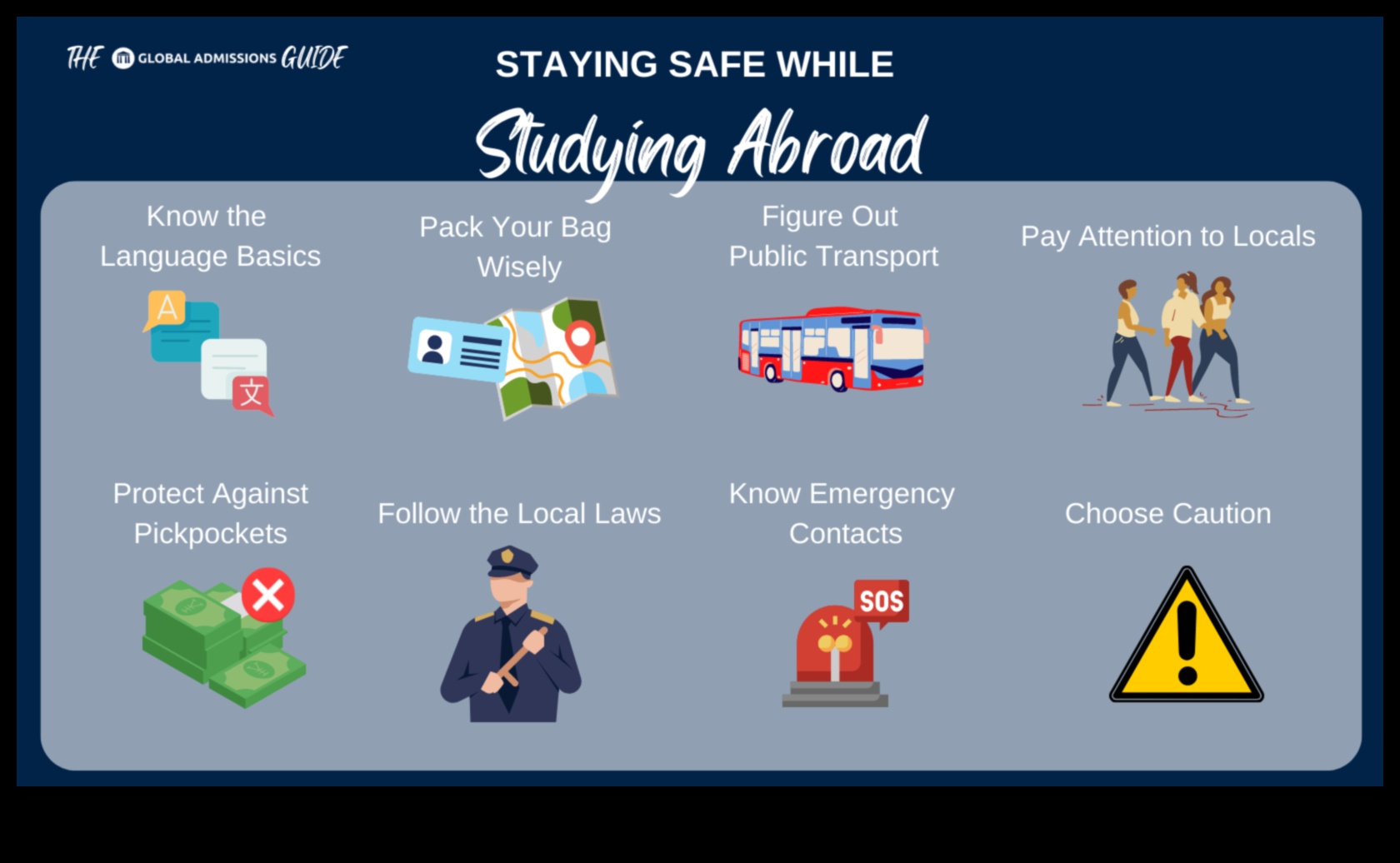
6. The visa requirements for working abroad while studying
The visa requirements for working abroad while studying vary depending on the country you are studying in. In some countries, students are allowed to work part-time while studying, while in other countries, students are not allowed to work at all.
If you are planning to work while studying abroad, it is important to research the visa requirements for the country you are planning to study in. You can find this information on the website of the country’s embassy or consulate.
Here are some general tips for working abroad while studying:
- Start your research early. The visa application process can take several months, so it is important to start your research well in advance of your departure date.
- Be aware of the visa requirements. Each country has different visa requirements, so it is important to make sure that you meet all of the requirements for the country you are planning to study in.
- Apply for your visa in advance. The visa application process can take several months, so it is important to apply for your visa well in advance of your departure date.
- Be prepared for delays. The visa application process can be delayed for a variety of reasons, so it is important to be prepared for delays.
Working abroad while studying can be a great way to earn extra money and gain valuable work experience. However, it is important to make sure that you meet all of the visa requirements before you start working.
7. The application process for working abroad while studying
The application process for working abroad while studying varies depending on the country you are interested in working in. However, there are some general steps that you will need to follow.
1. Research the visa requirements for the country you are interested in. Each country has its own set of visa requirements, so it is important to do your research and make sure that you meet all of the requirements before you apply.
2. Find a job that is eligible for a work visa. Not all jobs are eligible for a work visa, so you will need to find a job that is specifically designated as a “work visa job.”
3. Apply for the work visa. Once you have found a job that is eligible for a work visa, you can start the application process. The application process will vary depending on the country you are applying to, but it will typically involve submitting your resume, a copy of your passport, and proof that you have the required qualifications for the job.
4. Get your work visa approved. Once you have submitted your application, you will need to wait for your work visa to be approved. The approval process can take anywhere from a few weeks to a few months, so it is important to factor this into your plans.
5. Start working! Once your work visa is approved, you can start working in the country you have chosen.
Working abroad while studying can be a great way to gain valuable work experience and earn some extra money. However, it is important to do your research and make sure that you understand the visa requirements before you apply for a job.
The challenges of working abroad while studying
Working abroad while studying can be a challenging experience, but it can also be a very rewarding one. Here are some of the challenges that you may face when working abroad while studying:
Language barrier: If you are not fluent in the language of the country you are studying in, you may find it difficult to communicate with your co-workers and supervisors. This can make it difficult to learn new skills and progress in your career.
Cultural differences: The culture of the country you are studying in may be very different from your own. This can make it difficult to adjust to your new surroundings and to make friends.
Homesickness: You may miss your family and friends back home. This can be especially difficult if you are living in a country that is very different from your own.
Financial difficulties: Working abroad while studying can be expensive. You may have to pay for rent, food, and transportation, which can add up quickly.
Time management: It can be difficult to balance your studies with your work schedule. You may have to work long hours, which can make it difficult to keep up with your schoolwork.
Despite these challenges, working abroad while studying can be a very rewarding experience. You will have the opportunity to learn new skills, meet new people, and experience a different culture. You will also gain a global perspective that will be beneficial in your future career.
9. Benefits of working abroad while studying
There are many benefits to working abroad while studying, including:
- Earning money to help pay for your studies
- Gaining valuable work experience in your field of study
- Meeting new people from different cultures
- Learning about a new country and its culture
- Developing your independence and problem-solving skills
- Improving your language skills
- Expanding your horizons and gaining a new perspective on the world
If you are considering working abroad while studying, it is important to do your research and make sure that you are eligible for a work permit. You should also be aware of the costs involved, the challenges you may face, and the benefits you can expect to gain.
10. FAQ
Here are 3 questions and 3 answers about working abroad while studying:
Question 1: Is it possible to work while studying abroad?
Answer 1: Yes, it is possible to work while studying abroad. However, the rules and regulations vary depending on the country you are studying in.
Question 2: What are the requirements for working while studying abroad?
Answer 2: The requirements for working while studying abroad vary depending on the country you are studying in. However, some common requirements include being a full-time student, having a valid student visa, and being able to speak the local language.
Question 3: What are the best jobs for students to get while studying abroad?
Answer 3: The best jobs for students to get while studying abroad vary depending on your skills and interests. However, some popular options include teaching English, working in a restaurant or bar, or doing au pair work.